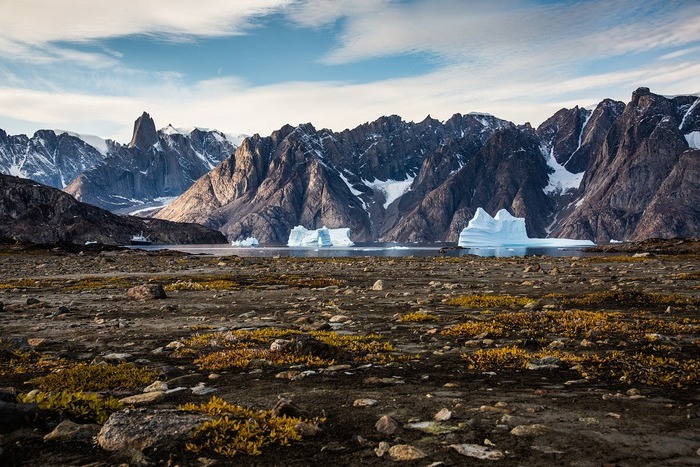The researchers said that understanding the link between delay in snow cover formation and increasing wildland fires is crucial for developing solutions
A new study showed that wildland fires in the Arctic region are delaying snow cover formation, which is accelerating regional warming and is shortening the snow season. The research paper, titled “Delayed formation of Arctic snow cover in response to wildland fires in a warming climate” by Nature, said that these wildland fires have delayed more than five days in the formation of snow cover.
Researchers used long-term satellite data from 1982 to 2018 to map the burned areas in the Arctic and found that snow cover duration over affected areas decreased by more than 15 days, and the annual burned area rose by 2 Mha.
Surface Darkening Is the Primary Reason for Delay in Snow Formation
The research revealed that this delay is linked to fire-inducing changes in the environment. The primary ecosystem in the Arctic is the tundra, a treeless, frozen landscape. These fires have resulted in a post-fire surface albedo, or surface darkening. This darkening, combined with the heat produced by the fires, significantly increases the land and air surface temperatures.
According to the research, because the ground remains warmer for longer periods, especially through autumn and early winters, it is hindering the snow from accumulating and settling.
The researchers found that this will intensify in the future and said that the land burned annually is projected to increase 2.6 times compared to the historical average. The annual mean cover of the snow cover duration is also projected to decrease by nearly 18 days.
Global Effect of the Snow Loss
The decline in snow formation in the Arctic region will influence the global energy balance, influence weather patterns, and manage the planet’s water cycle. It will reduce the snow-dominated water resources, which will impact freshwater supply, agricultural irrigation, and overall food security.
The research said that the shorter period of snow cover meant the land was exposed for a longer period, allowing it to heat up more and result in increased aridity, which in turn would make the future wildfires more severe and cause the fire season to start much earlier.
The researchers said that recognising the significance of the connection between reduced snow cover and frequent wildfires is crucial for enabling the development of proactive measures to break this linkage, protecting ecosystems, communities, and biodiversity from the effects of climate change.
About The Author
You may also like
Heatwaves Drove 9% of India’s Power Demand in the Summer of 2024
World Off-Track on Climate Goals as Temperatures are Predicted to Rise: Report
Development Policy, Not Just Climate Change, Will Affect China’s Coastal Flood Future: Report
Only One-Third of River Basins in Normal Condition in 2024: Report
Shifting monsoon patterns behind cloudbursts in Uttarakhand and Kashmir

